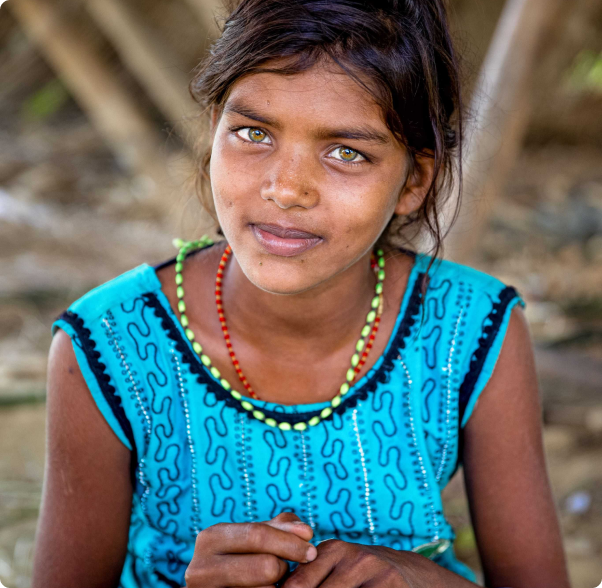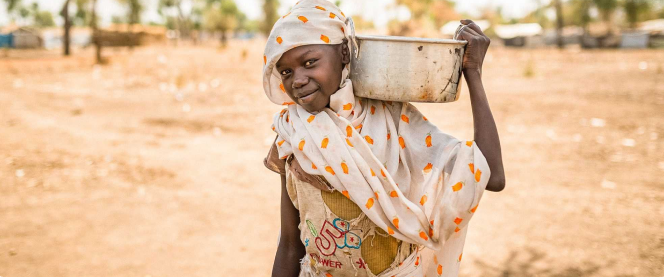Summary
Known as the “rainbow nation,” a reference to the many ethnicities that make up the population, the nation of South Africa has a long history marked by inter-racial relations. Originally inhabited by Bantu speaking tribes, Dutch traders established a settlement in 1652, and the British arrived in 1806, eventually colonizing South Africa. In 1948 the government implemented a policy of apartheid, which legalized racial segregation and discrimination. The first multi-racial elections took place in 1994, yet the national identity continues to be formed from a struggle between different groups who have come together as one nation. Much fragmentation remains. The nation not only faces great ethnic tension, but also high murder rates, corruption, crime, and an HIV/AIDS epidemic.
South Africa is a young nation: one-third of the population is under 15, and 70% is under 35. It is also a middle-income nation that composes 40% of Sub-Saharan Africa’s GNP. Traditionally an economy of agriculture, livestock, and mining, a large financial industry and tourism are developing as well. Yet corruption, HIV/AIDS, high crime rates and high unemployment and poverty rates all adversely affect the economy.
Traditionally a religious country, three out of every four claim to be Christian, and these numbers are slowly increasing. There are many mainline and smaller independent churches. The charismatic population has seen phenomenal growth and makes up nearly a quarter of the population; the Pentecostal movement has grown from 400,000 in 1960 to 6.3 million in 2010. However, much nominalism exists, especially in the mainline denominations. The church is on the frontline of confronting the nation’s challenges; there has been a large response to the HIV/AIDS epidemic, ministries to the poor and disadvantaged, and work on racial reconciliation. Yet healing is needed between the various cultures and churches. Spiritual training for the leaders of the various African independent churches is also needed.




